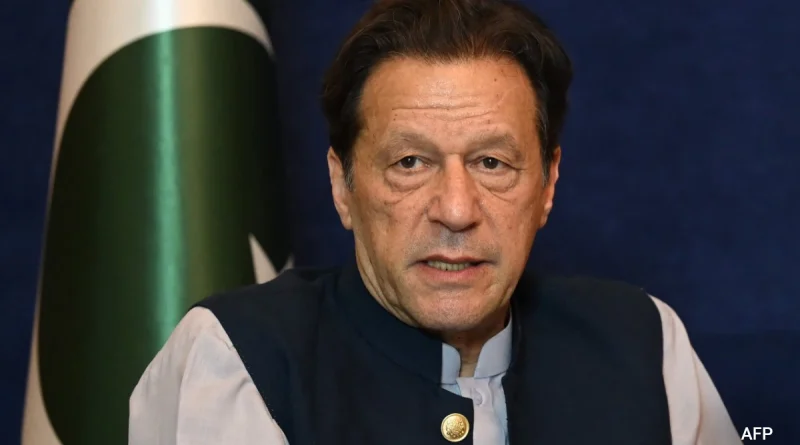After Imran Khan’s Arrest, A Look At Pak’s History Of Jailing Former Prime Ministers
Islamabad:
With Imran Khan’s sentencing and quick arrest on Saturday in a corruption case, Pakistan has maintained its notoriety for jailing former prime ministers while shying away from taking action against military dictators who repeatedly violated the Constitution.
Mr Khan, the chief of the Pakistan Tehreek-e-Insaf (PTI) party was arrested from his Zaman Park residence in Lahore after an Islamabad-based sessions court sentenced him to three years in prison on charges of hiding the proceeds from the sale of state gifts from the Toshakhana.
The Toshakhana is a department under the Cabinet Division that stores gifts given to rulers and government officials by heads of other governments and foreign dignitaries. Mr Khan bought some gifts, including a precious watch given to him by the Saudi crown prince, and sold the same for a profit.
The 70-year-old leader was authorised to buy the gifts from Toshakhana and also carry out their sales but failed to inform the Election Commission of Pakistan about the money he made for which he was accused of concealment – a crime under the law.
In better times, Imran Khan might have escaped with a warning or a fine by the court, but he already ran out of luck when he fell out with the powerful military establishment, leading to his ouster from the government in April last year.
The former prime minister is not the first Pakistani premier to end up in jail, the country has numerous unenvious examples of the treatment meted out to elected leaders in its sordid history.
The first on the list is Hussain Shaheed Suhrawardy, a Bengali politician from then East Pakistan who served as the fifth prime minister. He was arrested in January 1962 and put in jail on bogus charges of “anti-state activities”. His actual crime was his refusal to support military ruler General Ayub Khan.
Zulfikar Ali Bhutto, who served as the ninth prime minister, was arrested on the charges of conspiracy to murder a political opponent in 1974. He was sentenced to death and hanged on April 4, 1979.
Benazir Bhutto served as the premier twice from 1988 to 1990 and again from 1993 to 1996. The country’s only woman prime minister was arrested several times – first in 1985 and put under house arrest for 90 days.
In August 1986, she was arrested for denouncing the military dictator Ziaul Haq at a rally in Karachi. In April 1999, she was sentenced to five years imprisonment for corruption and disqualified and fined more than five million pounds. She avoided arrest as she was in self-exile.

